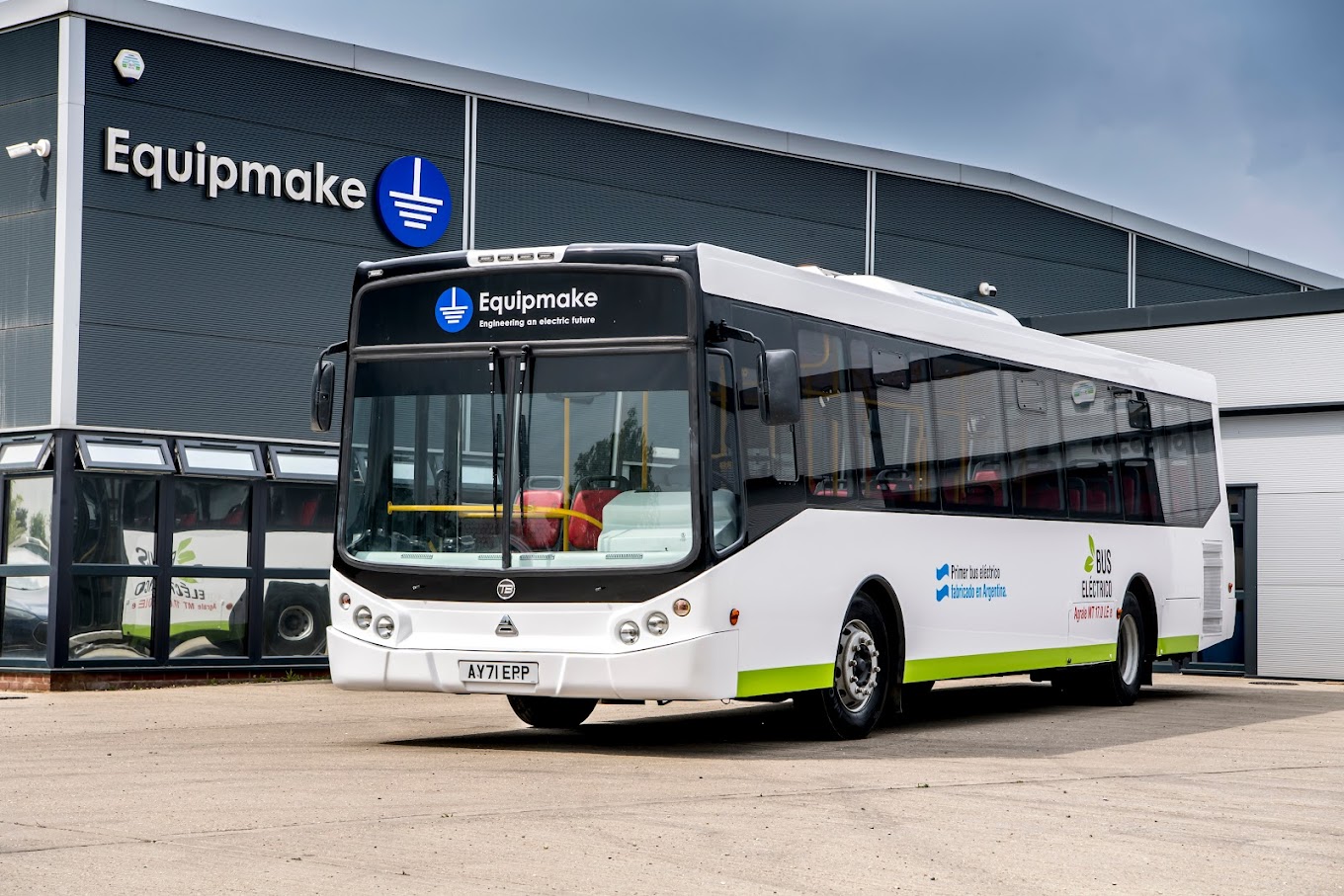Equipmake (EQIP), a UK-based engineering specialist at the forefront of electrification products across various industries, said in a trading update that it expected revenues of £5.1m in 2023, well up on the £3.7m it reported in FY22, and that it was confident of meeting market expectations for the year ended May 2024 despite margin pressures arising from higher component costs.
The company has made huge commercial strides since its Aquis listing, via which it raised £16.2 million in funds. Importantly, commercial and production contracts – rather than grant funding - accounted for 97.7% of the total revenue, highlighting Equipmake's ability to turn its portfolio of knowledge and intellectual property into new business.
It solidified its position as a market leader in bus “repowering,” delivering vehicles into service for First Bus York and Transport for London (TfL). It also secured orders for further bus repowers from both new and existing clients, including First Bus which signed a letter of intent for the conversion of several hundreds of double-deck diesel buses to electric.
The successful demonstration of repowered buses also opened doors for Equipmake in the coach market. The company secured a repower order in this adjacent market, giving Equipmake an early-mover advantage as operators look for a cost-effective way of helping bus operators meet Net Zero targets. Equipmake estimates that a repower costs less than half the price of ordering a new electric bus or coach and can keep perfectly usable chassis on the road for longer – most coaches remain in service for 25 years or more. Equipmake further expanded its reach by securing and delivering orders for electric vehicle (EV) powertrains for fire trucks in both the UK and US markets.
In addition, Equipmake signed a contract with a blue-chip global battery module, and also expanded its global presence by signing a licensing agreement with Sonar Comstar in India. This agreement allows the application of certain products in electric cars, buses, commercial vehicles, and off-road vehicles in India, Thailand, and select South Asian countries. Geographic expansion remains a key focus for Equipmake, with discussions underway in various regions.
Alongside commercial progress, the company continued to invest in research & development, and obtained grant funding of up to £1.6 million from Innovate UK and the Advanced Propulsion Centre. This funding supports the Hydrogen Electric Integrated Drivetrain Initiative (HEIDI), enabling Equipmake to advance fuel cell electrification technology and integration for electric vehicles.
It said that it’s also seeing growing interest in its intellectual property within the aerospace market, signing a deal to deliver production motors and inverters to Gilmour Space and has been selected as e-flight pioneer H55's technology partner.
The company ended 2023 with £7 million in cash, and currently boasts a contracted order book of £5.5m, with several advanced-stage opportunities are expected to be converted into orders during the first half of the current financial year.
Converting highly polluting diesel fleets is likely to gather pace in the coming years, and Equipmake’s expertise leaves it well positioned to drive that. And although the electric aviation market is at an early stage, it’s expected to grow rapidly in the years ahead to reach $51bn by 2032. Reflecting rising demand, the company expanded its workforce from 73 to 94 over the year and took on a 50,000 sq m lease on a new production facility.
Ian Foley, CEO of Equipmake, commented: “Not only have we demonstrated our successful transition from a R&D business to a sizeable production and engineering enterprise, but we have also evidenced our ability to rapidly scale up to meet the increasing commercial demand for our products. We expect this theme to continue over the coming years as we look to gain further market share in our core business areas, and as we break into new and complementary industries and help them accelerate the transition they need to make from fossil-fuelled to zero-emission powertrains."

